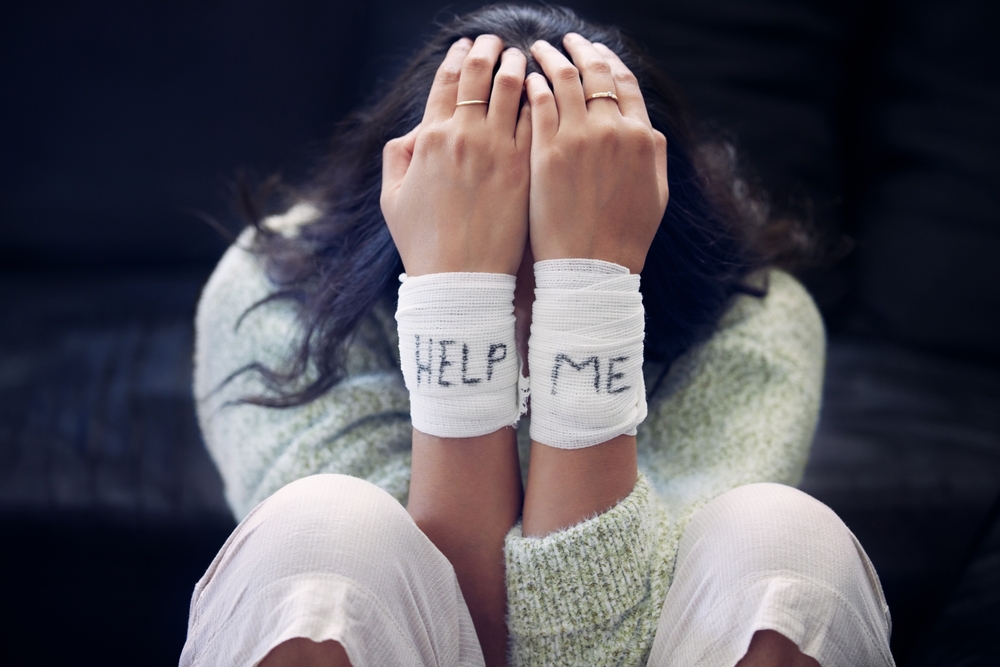As we transition into Fall, we still find ourselves in times of uncertainty. Each week brings us close to the day our communities will fully reopen, but it’s hard to know what that will look like and when. If any theme exists within this public health crisis, it is most likely to be uncertainty.
If we are honest with ourselves, we can recognize that all aspects of our lives are uncertain. However, the majority of us feel this even more so during the current times.
Change is unrelenting
Over the previous months, we have all experienced constant change after change. We are left with minimal time to process and adjust to these changes and new realities as the shifts have most often occurred in multiples.
With schools opening and closing and thousands of workers transitioning to working from home or unexpectedly needing to file for unemployment, we are all feeling the effects. We’ve witnessed shops and restaurants closing or needing to alter their services, medical clinics changing or cancelling procedures, or mental health centers now seeing patients remotely. Some of us may be grieving the loss of a loved one, but options are limited as to how we can honor their life.
Psychological Trauma
Trauma therapists Michael Salas, PsyD., recently wrote that our current social climate will undoubtedly lead to psychological trauma for many. We need to be kind and gentle to ourselves, validating any feelings we might be experiencing.
Our emotions are constantly changing, and they often shift most quickly when we acknowledge them without judgement and bring our attention back to the current moment. It is natural to be experiencing more anxiety, fear, stress, and fatigue during this time considering the current climate. There is no true guide to follow or “should and shouldn’t do” during this time. There is no indication of what we can expect to happen next. What we can do is recognize our grief.
Acknowledging our own personal grief can helpful when we better understand our loss. Ambiguous loss refers to grief that does not have closure. This could be through the loss of a loved one that we did not get to say good-bye to. Grief that is not related to death is known as shadowloss. This could be the loss of a school-year, a job, or a sense of stability in your life. What is important to remember is that your emotions are important, even if you don’t like them or understand them.
To help you cope, there are several practices you can try to integrate into your day. These include:
- Slowing Your Breath This could be stretching, reading a book, cooking a meal, or quiet meditation. Slowing your breathing helps to lower cortisol production, the hormone that causes stress and anxiety.
- Create a mindfulness routine Your therapist can assist you in developing your own mindfulness routine, which involves learning how to exist in the present moment without judgement, allowing yourself to be fully in the moment. This can be helpful if you are struggling with controlling your present circumstances.
- Practice Gratitude Having a gratitude practice can help to increase your levels of joy, and even improve your immune system.
- Connect with others however you can. Connecting with others doesn’t mean you need to meet in person. You can socialize over the phone or through social networks.
Healing from grief comes from leaving room for grief, but also for relief and joy. If you are struggling during this time, we encourage you to reach out to a mental health practitioner. We are seeing patients via telehealth at this time.





